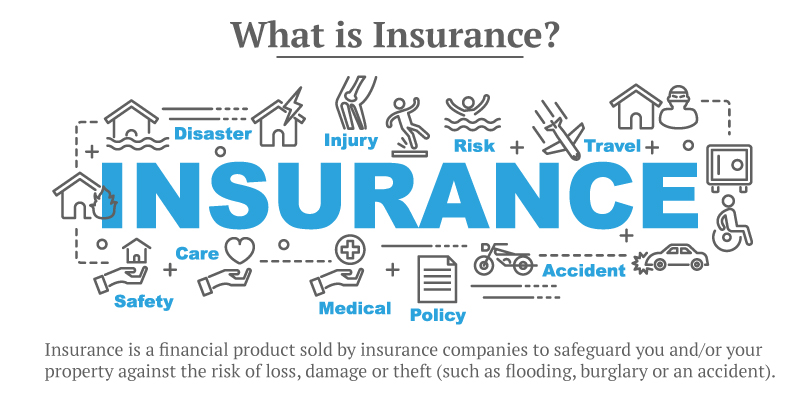The Comprehensive Guide to Understanding Insurance: Types, Benefits, and Key Considerations
Insurance is a fundamental aspect of financial planning, offering protection and peace of mind against unforeseen events. Whether it’s health issues, accidents, natural disasters, or liability claims, insurance mitigates the financial impact of such occurrences. This article delves into the various types of insurance, their benefits, and critical considerations to help you make informed decisions.
Types of Insurance
- Health Insurance
- Definition: Health insurance covers medical expenses incurred due to illnesses or injuries.
- Benefits: It ensures access to necessary medical care, reduces out-of-pocket costs, and provides financial security against high medical bills.
- Key Considerations: When choosing health insurance, consider coverage options (hospitalization, outpatient services, preventive care), network of healthcare providers, premiums, deductibles, and co-payments.
- Life Insurance
- Definition: Life insurance provides a payout to beneficiaries upon the policyholder’s death.
- Benefits: It offers financial support to dependents, covering living expenses, debts, and education costs. It can also serve as an investment tool in the case of permanent life insurance.
- Key Considerations: Evaluate the type (term life vs. whole life), coverage amount, premium costs, and the financial stability of the insurance provider.
- Auto Insurance
- Definition: Auto insurance protects against financial loss from accidents involving vehicles.
- Benefits: It covers repairs, medical expenses, and liability claims, ensuring legal compliance and financial protection.
- Key Considerations: Consider coverage types (liability, collision, comprehensive), policy limits, deductibles, and discounts for safe driving or bundling policies.
- Homeowners Insurance
- Definition: Homeowners insurance covers damage to a home and personal property due to perils like fire, theft, and natural disasters.
- Benefits: It provides financial protection for your home and belongings and liability coverage for accidents on your property.
- Key Considerations: Assess coverage limits, exclusions, add-ons for specific risks (flood, earthquake), and the cost of rebuilding your home.
- Disability Insurance
- Definition: Disability insurance provides income replacement if you cannot work due to a disability.
- Benefits: It ensures financial stability by covering a portion of your salary, helping with living expenses and medical costs.
- Key Considerations: Look at the policy’s definition of disability, benefit amount, waiting period before benefits start, and the duration of benefits.
